Robotic process automation, commonly abbreviated as RPA, is an emerging form of automating business processes that AIIMS to automate workflow by using software robots and artificial intelligence functionalities. Robotic process automation is more than just technology and more of a revolution. Robotic process automation gives a human touch to a robotic process without compromising on the awesomeness of automation.
Robotic process automation goes on not about the classical workflow automation. In workflow automation, a software developer enlists the actions that help automate a task and is more of a flowchart model based on logical decisions with a defined line of action for every step. Robotic process automation, however, goes the next level by automating the list of actions by watching how a user interacts with a platform on a graphical user interface. It is the actions of the user that built the rules of automation and not the software programmer.
Robotic process automation has opened avenues that were never before predicted in the world of automation. One of the greatest advantages of robotic process automation for the practical world that it eliminates the need for coding knowledge when it comes to automating certain vital tasks. RPA takes its advantages to another level by facilitating the use of precious human intelligence tasks and their sources that actually required them!
How does Robotic Process Automation work?
Robotic process automation is one of the most obvious and most practical implications of artificial intelligence. It is best to test artificial intelligence in a place where there is a template that governs the process, and robotic process automation fits the bill perfectly.
Robotic process automation an application of technology that can literally teach robots to capture and interpret a methodology that is being continually used for executing a certain action. Based on continuous observation and learning, the RPA system can learn the process and understand the triggers. based on these inputs, robotic process automation can interpret and governor processes like a transaction, data manipulation, process triggering and even communicating with other digital systems.
Robotic process automation is a huge leap in the realm of automation and artificial intelligence because the process does not take place in the backend but rather invisible in the front end. It is almost like having a virtual set of input devices like the screen and the mouse where actions are taken almost as if it was executed by actual human beings.
Advantages of Robotic Process Automation:
Robotic process automation is absolute bliss when it comes to automating processes that are marginally mundane and can be governed by a set of complex yet frameable rules.
Robotic process automation facilitates better customer service has the customer does not have to wait for a human being to take them through the easily workable steps.
Robotic process automation ensures top-notch quality of work by establishing compliances with regulations and standards. Since most of the work is automated, there is very less room for error which would mean that the process is more accurate.
Since there is no human intervention that is required for a process to be elevated to another level, robotic process automation enables processes to be completed faster and this saves not just time but also a considerable amount of money.
Robotic process automation creates a Confluence of accuracy and speed, and this culminates at efficiency. This would mean that a lot less of work is done while still minimizing the chances for reworking and for separately establishing compliances to regulations.
Robotic process automation also pushes employees to be more productive in the ways that give the best credit to their creativity, out of the box thinking and the human touch. when employees are taken away from anatomy and mundanity, it not only saves costs but also creates a positive impact on employee satisfaction quotient.
Applications of Robotic Process Automation:
Robotic process automation finds its relevance across multiple industries wherever there is a need for intelligent automation and set process which is governed by triggers. While the advantages of robotic process automation or agnostic of industry and domain, there are few places where robotic process automation can come in as a great advantage!
Customer support:
Robotic process automation can help companies up their game of customer service by automating of you dance like verifying the credibility of the customer and uploading and validation of proofs. It can also be taken to the next level by verifying the information and matching it with an existing database so that the support executive scanner spends their time on troubleshooting and not validating.
Accounting:
Come to think of it, accounting is nothing more than simple mathematics, but it is just that the sources, the segmentation, and the calculations need to be meticulously done. Robotic process automation can be used for this accounting purposes where different expenses and different incomes can be protected under different headers which can come in handy for tasks like calculation of company revenues or even taxation and compliance purposes.
Healthcare:
Healthcare is one of the domains where time is of utmost importance. Robotic process automation can help in automating processes like the dealing of patient records and insurance claims. In addition to this, the building department and more importantly, the analytics of patient data can be committed to robotic process automation. analyzing the patient data will help the hospital and medical Services at large be prepared for epidemics and other calamities.
Human resources:
Robotic process automation can be used to automate a lot of processes that the HR department takes care of. Processes like off-boarding and onboarding, timesheet submissions and employee information updating can also be entrusted to robotic process automation.
Robotic process automation is one of the finest examples of how Artificial Intelligence and automation can present themselves as an absolute place for businesses in terms of process, process efficiency, time management, and cost saving. An effective robotic process automation system can not only make the organization profitable but also make employees more satisfied as they will be working in processes and functions where their intellectual capabilities are more likely to be honored.

